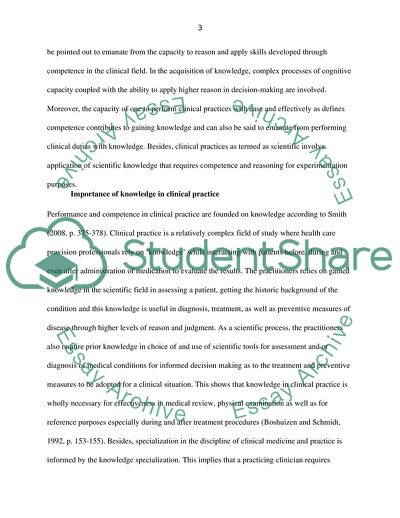Cite this document
(Pediatric Physiotherapists Clinical Reasoning and ICF Literature review, n.d.)
Pediatric Physiotherapists Clinical Reasoning and ICF Literature review. https://studentshare.org/health-sciences-medicine/1811336-a-survey-of-saudi-pediatric-physiotherapists-clinical-reasoning-and-icf-international-classification-functioning-disability-and-health-knowledge-and-competence
Pediatric Physiotherapists Clinical Reasoning and ICF Literature review. https://studentshare.org/health-sciences-medicine/1811336-a-survey-of-saudi-pediatric-physiotherapists-clinical-reasoning-and-icf-international-classification-functioning-disability-and-health-knowledge-and-competence
(Pediatric Physiotherapists Clinical Reasoning and ICF Literature Review)
Pediatric Physiotherapists Clinical Reasoning and ICF Literature Review. https://studentshare.org/health-sciences-medicine/1811336-a-survey-of-saudi-pediatric-physiotherapists-clinical-reasoning-and-icf-international-classification-functioning-disability-and-health-knowledge-and-competence.
Pediatric Physiotherapists Clinical Reasoning and ICF Literature Review. https://studentshare.org/health-sciences-medicine/1811336-a-survey-of-saudi-pediatric-physiotherapists-clinical-reasoning-and-icf-international-classification-functioning-disability-and-health-knowledge-and-competence.
“Pediatric Physiotherapists Clinical Reasoning and ICF Literature Review”. https://studentshare.org/health-sciences-medicine/1811336-a-survey-of-saudi-pediatric-physiotherapists-clinical-reasoning-and-icf-international-classification-functioning-disability-and-health-knowledge-and-competence.


